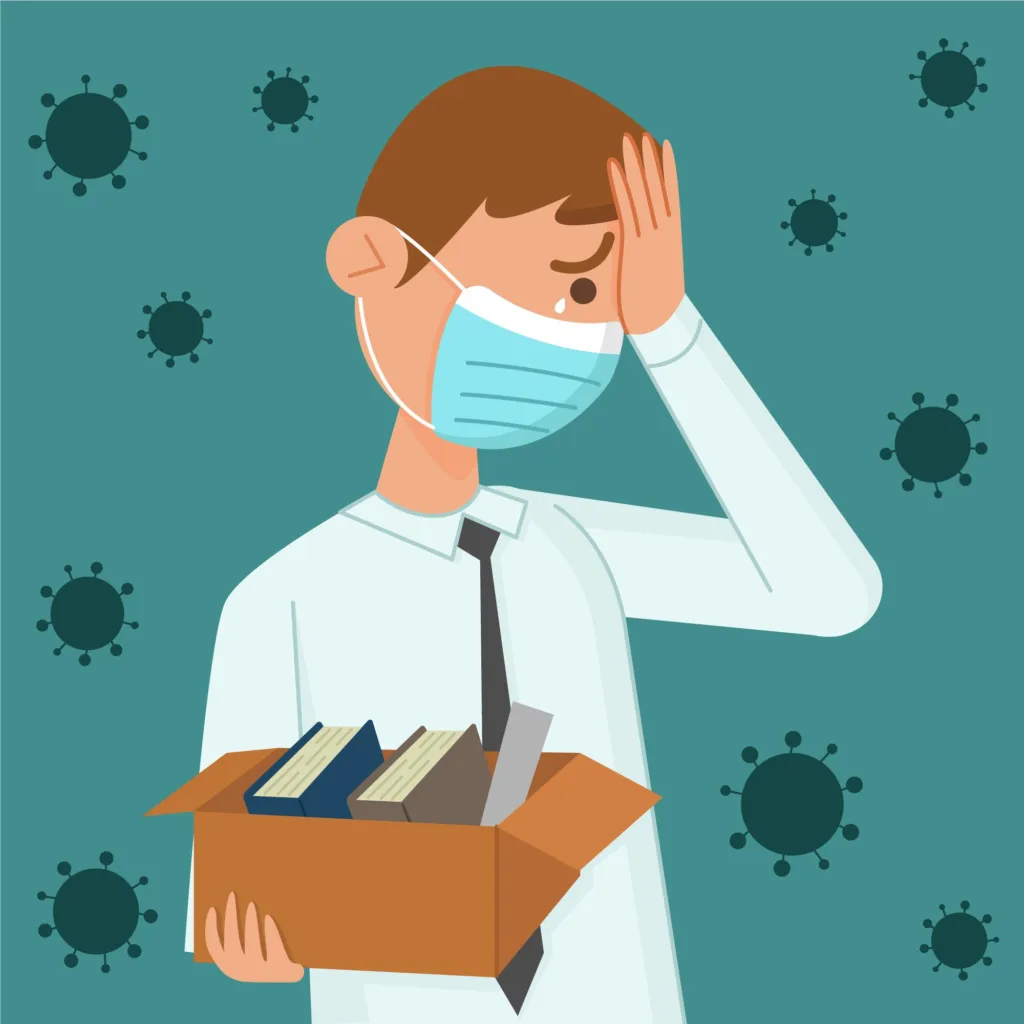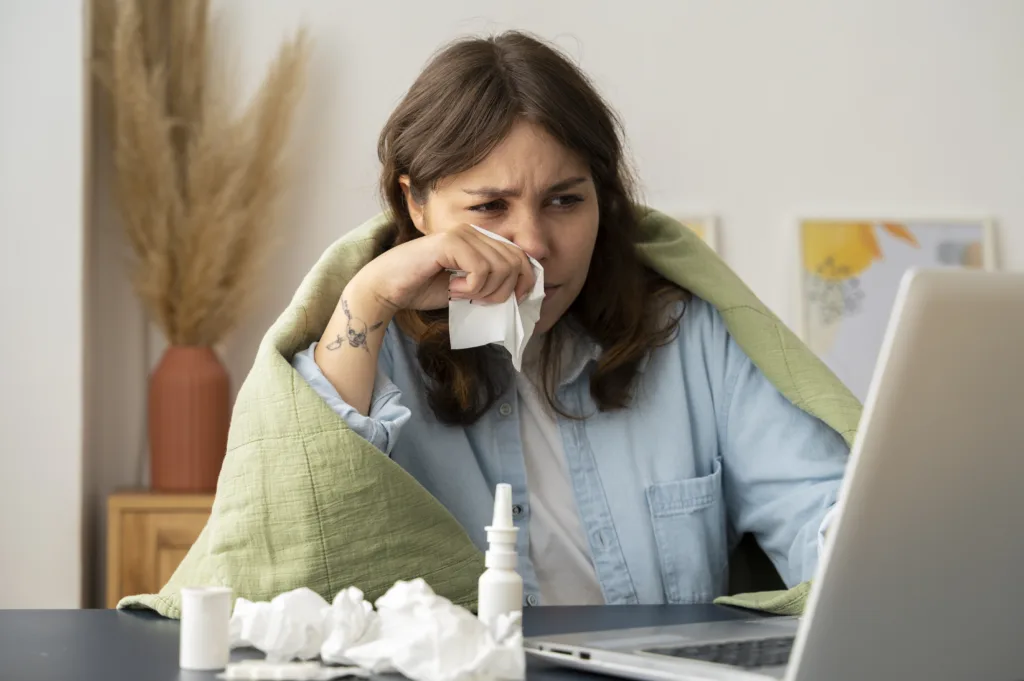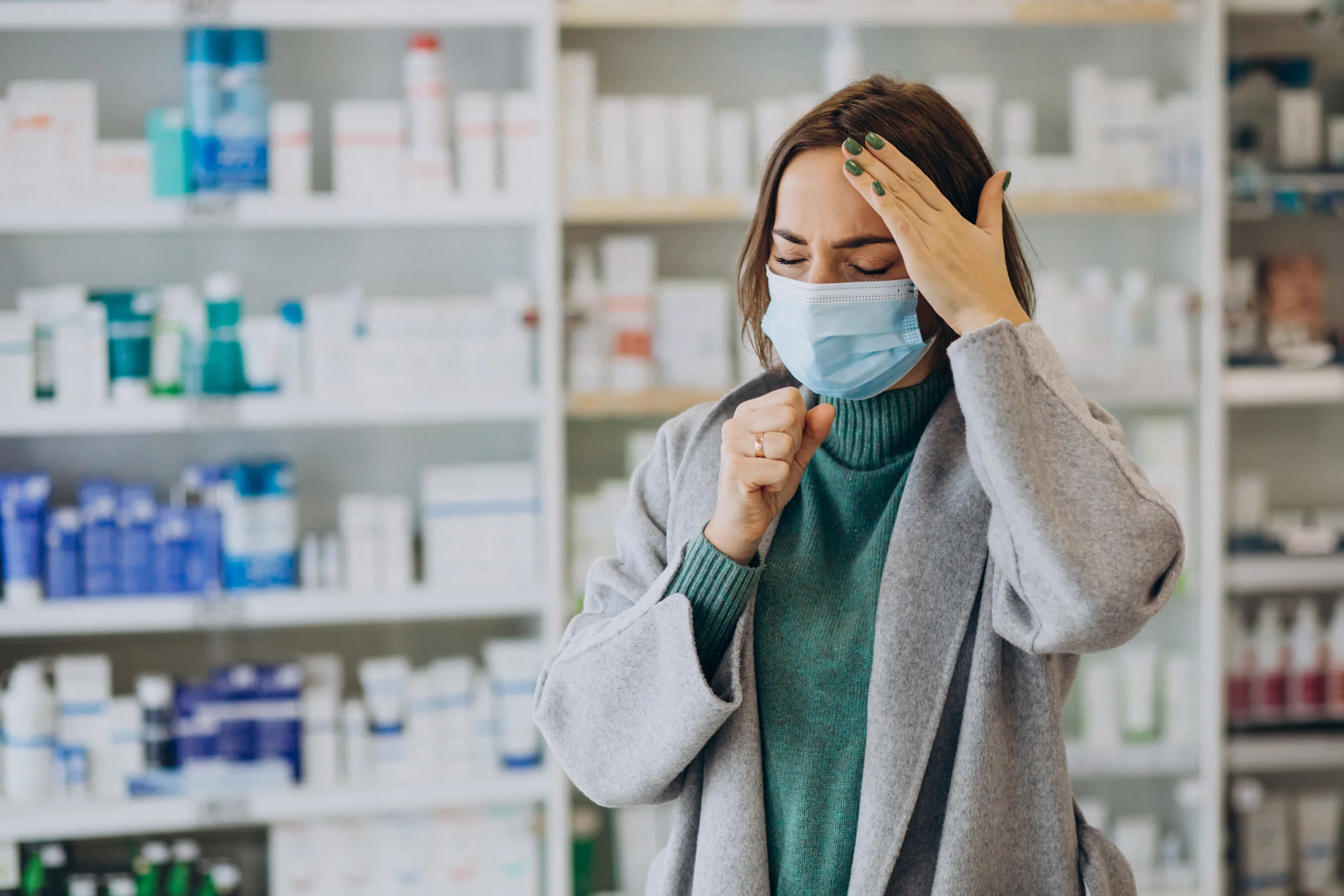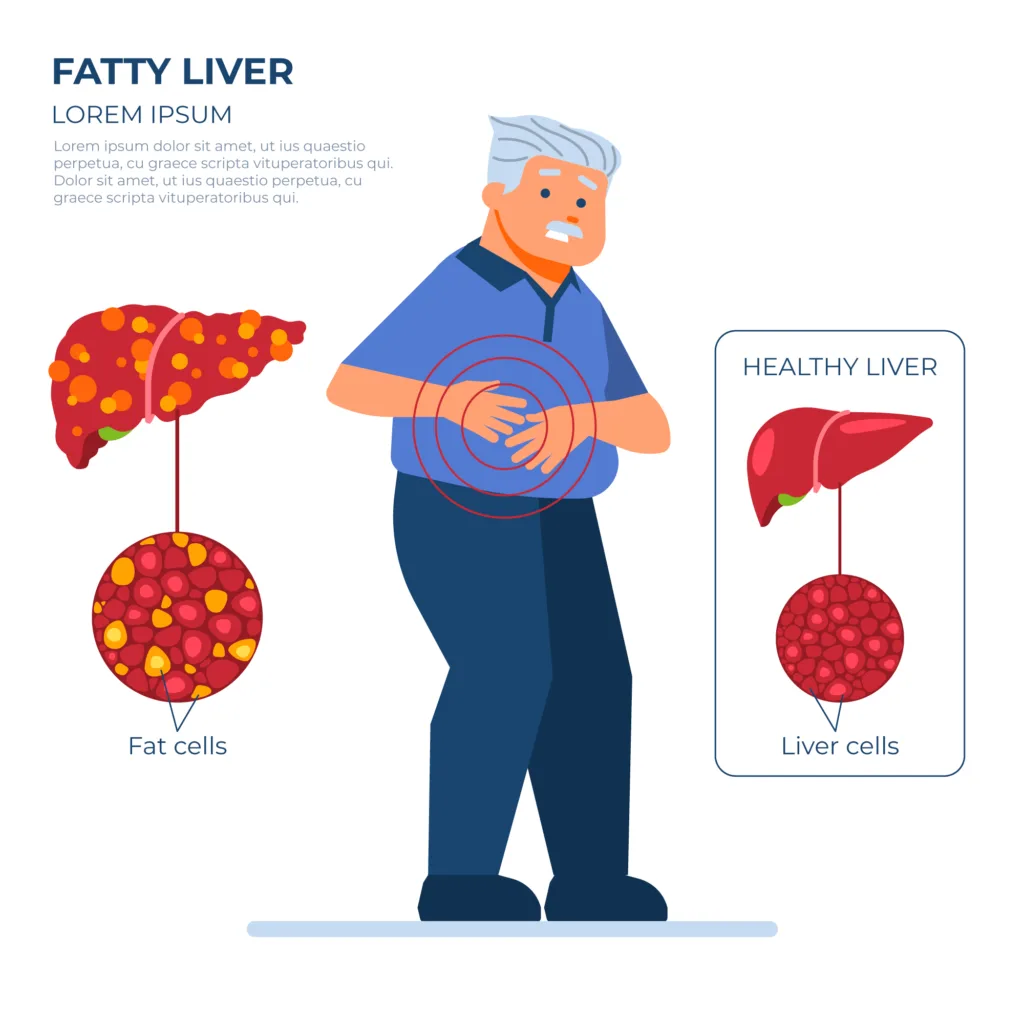Understanding COVID-19 Headaches
First things first, let’s get to the basics. How long does COVID headache last. COVID-19 is caused by the infamous coronavirus, and one of its common symptoms is a headache. Covid-19 headache can vary from mild to severe and is often accompanied by other symptoms like mild fever, fatigue, and sore throat. It’s like an uninvited guest at a party that you didn’t ask for!

Table of Contents
The Duration of COVID-19 Headaches
Now, the burning question: How long does this pesky COVID-19 headache stick around? Factors That Influence the Duration
So, why does the duration vary so much? Several factors come into play:
Immune System: Your body’s immune response can affect how long the headache lingers.
Overall Health: Your general health and any underlying conditions can make a difference.
Vaccination Status: Whether you’ve had your COVID-19 vaccine can also impact the duration.
Variants: Certain variants of the virus might cause more prolonged headaches.

Managing COVID-19 Headaches
Nobody likes a headache, especially when it’s accompanied by other COVID-19 symptoms. Here are some simple tips to manage it:
Rest: Get plenty of rest to help your body fight the virus and alleviate the headache.·
Pain Relievers: Over-the-counter pain relievers can help ease the headache.
Why COVID-19 Can Cause Headaches
Before we dive into prevention tips, let’s briefly touch on why COVID-19 can lead to headaches. The covid virus attacks the human respiratory system, but it can also affect other parts of the human body, including the central nervous system (CNS). This neurological impact can be trigger headache in some individuals.
Prevention Strategies
Preventing COVID-19 headaches is not only about avoiding the virus itself but also minimizing factors that can contribute to headaches during illness. Here are some practical tips:
1. Get Vaccinated
One of the most effective ways to prevent COVID-19 and its associated symptoms, including headaches, is to get vaccinated. Vaccine have been shown to significantly reduce the risk of severe illness in covid-19 cases.
2. Practice Good Hygiene
Maintain good hand hygiene by frequently washing your hands with soap and water for at least 20 seconds. This reduces the chances of virus transmission and can indirectly help prevent headaches.
3. Wear Masks
Wearing a mask in public spaces, especially when social distancing is challenging, can lower your risk of contracting the virus. A lower risk of infection means a lower risk of experiencing COVID-19 headaches.
4. Social Distancing
Keep a safe distance from individuals who are not part of your household, particularly in crowded places. Social distancing reduces the likelihood of virus exposure.
5. Stay Home When Sick
If you or someone you’ve been in close contact with is experiencing COVID-19 symptoms, including a headache, it’s crucial to self-isolate. This helps prevent further spread of the covid virus and minimizes the risk of infecting other people.
6. Stay Informed
So stay up to date with the latest guidance and recommendations from reputable health organizations and local authorities. Knowledge is a powerful tool in preventing covid-19.
7. Stay Hydrated and Rested
Even if you contract COVID-19, proper hydration and rest can help your body fight off the virus more effectively. This, in turn, can reduce the severity and duration of symptoms, including headaches.
8. Manage Stress
The uncertainty and stress associated with the pandemic can contribute to tension headaches.

When to Seek Medical Help
While most COVID-19 headaches resolve on their own, there are times when you should seek medical attention:
Severe Headache: If your headache is extremely severe and doesn’t respond to over-the-counter medications.
Neurological Symptoms: If you experience other neurological symptoms like confusion or loss of consciousness.
Conclusion
In conclusion, COVID-19 headaches can be as unpredictable as the virus itself. They can last for a few days or extend their unwelcome stay for weeks. But remember, you’re not alone in this. Rest, stay hydrated, and don’t hesitate to reach out to a healthcare professional if you’re concerned.
Image Credit: Image by Freepik Image by Freepik Image by Freepik Image by senivpetro on Freepik




